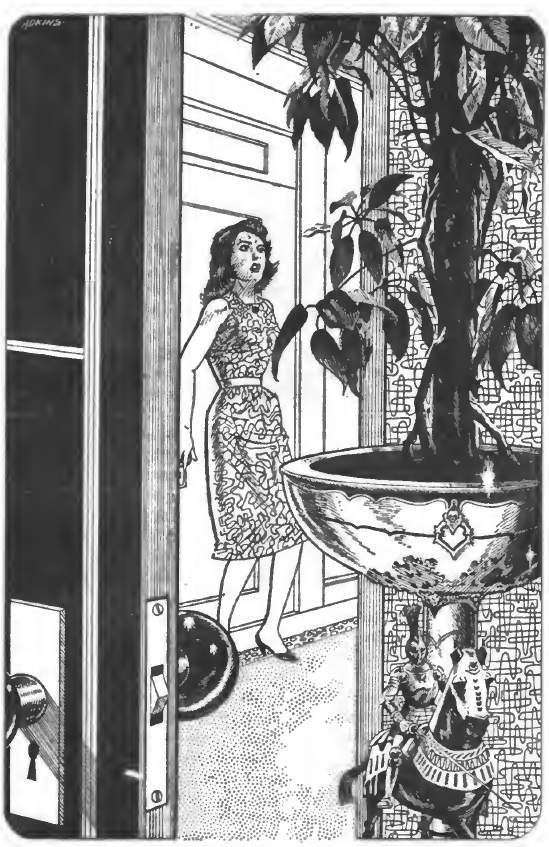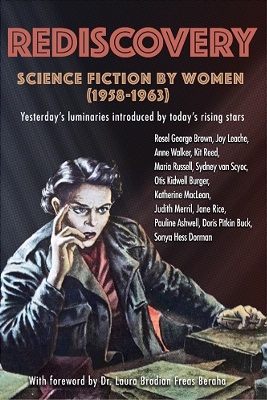
by Gideon Marcus
Those of you who have been following the Journey over the past several years know that my appraisal of The Magazine of Fantasy and Science Fiction has changed a few times. Back in the days when Anthony Boucher and then Robert Mills were editing F&SF, it was my favorite magazine, a dessert I saved for reviewing last.
Then Avram Davidson took over in 1962, and while there were still standout issues, Davidson's whimsical, somewhat obtuse preferences led to a pretty rough couple of years. Recently, Joe Ferman, son of the owner of the magazine, took over, and quality has been on a slow but perceptible rise.
One thing about F&SF is that it has always been unique amongst its SFF magazine brethren (which once numbered 40 and now less than ten). It was the literary sibling, the most highfalutin. Composed largely of vignettes and short stories, it contrasted sharply with the crunchier digests like Analog.
Which is why the current July 1965 issue is so unusual. It's not bad; indeed, it's pretty good. But it reads much like an issue of Galaxy or IF, one of the more mainstream mags. I'm not disappointed. It's just odd is all. Read on and see what I mean.

by Jack Gaughan (he likes dragons — he did the illos for Vance's The Dragon Masters too!
Rogue Dragon, by Avram Davidson
Last year, Davidson left editing to go back to writing full time, and Rogue Dragon is his first major work since his departure from the helm of F&SF. From the title, I expected a fantasy piece, or perhaps the dragon would even turn out to be metaphorical. Both suppositions were wrong: Rogue Dragon is pure science fiction set on a far future Earth, one that had been conquered and then abandoned by the merciless insectoid Kar-chee.
Now simply called Prime World, humanity's original home has devolved to a handful of city-states. The planet's economy is based on Hunts, wherein the dragons introduced by the Kar-chee are slain by off-world big game hunters. These dragons are nigh invulnerable things, their chest armor only pierceable in a weak spot identified with a painted white cross.
Enter Jan-Joras, the Private Man (representative) of the great off-world leader, Por Paulo. Sent to arrange a vacation for the elected king he serves, Jan-Joras quickly gets caught up in a political struggle between the aristocratic Gentlemen class, who raise the dragons, the base-born (known pejoratively as dogcatchers and potato-growers), and the outlaws, who have hatched a scheme that will strike at the very foundation of the Hunt system.
But Rogue Dragon is no political thriller. Rather, after a slightly difficult to read opening act (Davidson introduces many concepts and an abundance of idiomatic language in a short space), Rogue Dragon is an adventure story filled with derring-do, great escapes, and much traveling across increasingly hot frying pans — and we all know what destination lies at the end of that trail.
I found that I liked the story quite a bit, although it is perhaps less substantial than it might have been. I waver between giving it three stars (perfectly adequate entertainment) and four stars (there's creative worldbuilding here).
Generosity wins. Four stars it is, and welcome back to where you belong, Avram.
Computer Diagnosis, by Theodore L. Thomas
For his latest science fact vignette, Thomas discusses computer-assisted medical diagnosis — feed the data in, get a determination of malady and a life expectancy out. Expanded, this could have made a nice article. As is…
Three stars for being harmless.
The Expendables, by Miriam Allen deFord
In this odd bird of a story, the first astronauts sent to Mars are senior citizens. The logic is that the mission is so hazardous, with so remote a chance of returning, that it is kinder to send folks with fewer years remaining in their lives.
It doesn't make a great deal of sense, and the story is hampered by some clunky "as you know" dialogue. On the other hand, I thought the characters were pretty well drawn, and I appreciated the non-standard protagonists (two men, two women, all over 68).
Three stars.
The Eight Billion, by Richard Wilson
Many have made the dire prediction that Earth is heading toward massive overpopulation. Indeed, the tremendous-sounding number, "Eight Billion", may well be reached by the end of the century. Now imagine that crowding was such that eight thousand thousand thousands were crammed just into the island of Manhattan!
Wilson's story is mostly humorous fluff supporting a twist ending, but I enjoyed it.
Three stars.
Becalmed in Hell, by Larry Niven
Niven continues to impress with his fourth tale, sequel to The Coldest Place, which appeared in IF. In his hard as nails variation on McCaffrey's The Ship who Sang, Howie and Eric-the-cyborg-ship explore the boiling planet of Venus. There, floating twenty miles above the molten surface, Eric develops a fault and is unable to blast back into orbit. Is the problem mechanical or psychosomatic?
This is the first story set on post-Mariner 2 Venus, and what a delight it is to see what is probably a much more accurate representation of the Planet of Love. I do balk at the notion that it would be pitch black under Venus' clouds — it's not under an equivalent pressure of ocean, after all. On the other hand, perhaps they were exploring the night side.
In any event, it's a neat story (albeit one I might have expected to find in Analog). Four stars.
Exclamation Point!, by Isaac Asimov
The Good Doctor continues his streak of turning his frivolous meanderings through mathematics into readable but not particularly momentous articles. In this latest, he expounds on the "Asimov series", a cute way he has developed to approximate the value of the special constant, e.
An enjoyable ride, I suppose. Three stars.
A Murkle For Jesse, by Gary Jennings
Gary Jennings last appeared in print in this very magazine, some three years ago, with the story Myrrha. It was nominated for the Hugo, though I didn't think it merited such acclaim.
In any event, I think I liked Murkle better. It stars an eight-year-old boy, a section of the rural Northeast, a little lost girl, and a 400-year old Irish fairy who is most certainly not lost.
If Clifford Simak and R.A. Lafferty were put in a blender, this piece might pour out. Three stars.
The Pterodactyl, by Philip José Farmer
The book concludes with a short poem about the wing-fingered flying reptiles of the Mesozoic. A difficult read, it also seems to suggest that pterodactyls were the evolutionary precursors of birds.
The weakest piece of the issue; two stars.
Wrapping up
And there you have it: a pleasant, above-average issue, but with stories that seem slightly odd fits for F&SF. I'm not really complaining, though.
Unless, of course, it means the other mags suffer…
[Don't miss the next episode of The Journey Show, featuring singer-songwriter Harry Seldon. He'll be playing a mix of Dylan, Simon, and some unique original compositions!]


![[June 18, 1965] Galactic Doppleganger (July 1965 <i>Fantasy and Science Fiction</i>)](https://galacticjourney.org/wp-content/uploads/2020/06/650618cover-578x372.jpg)

![[June 8, 1965] A Walk in the Sun (the flight of Gemini 4)](https://galacticjourney.org/wp-content/uploads/2020/06/650608Gemini_Four_patch-471x372.jpg)















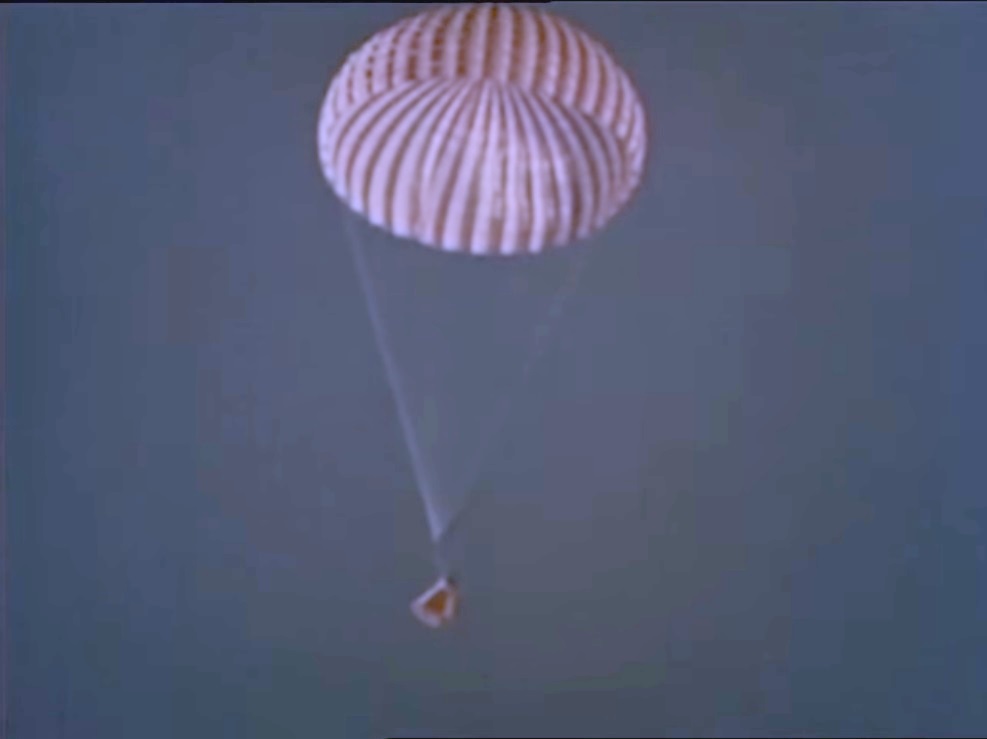



![[May 30, 1965] Ticket to Ride (May space round-up)](https://galacticjourney.org/wp-content/uploads/2020/05/650530pegasus2-672x372.jpg)
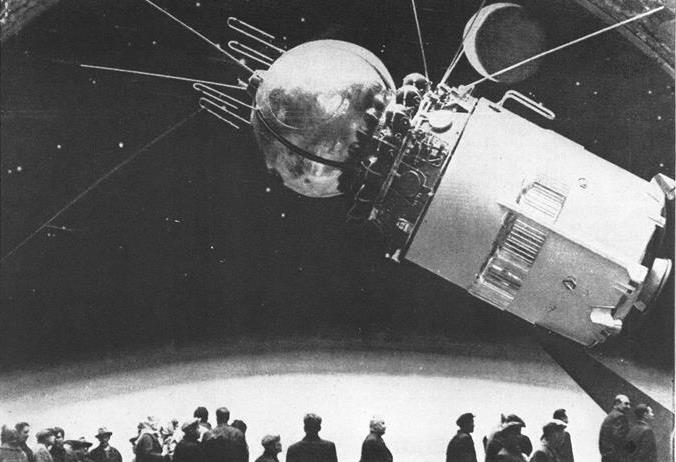


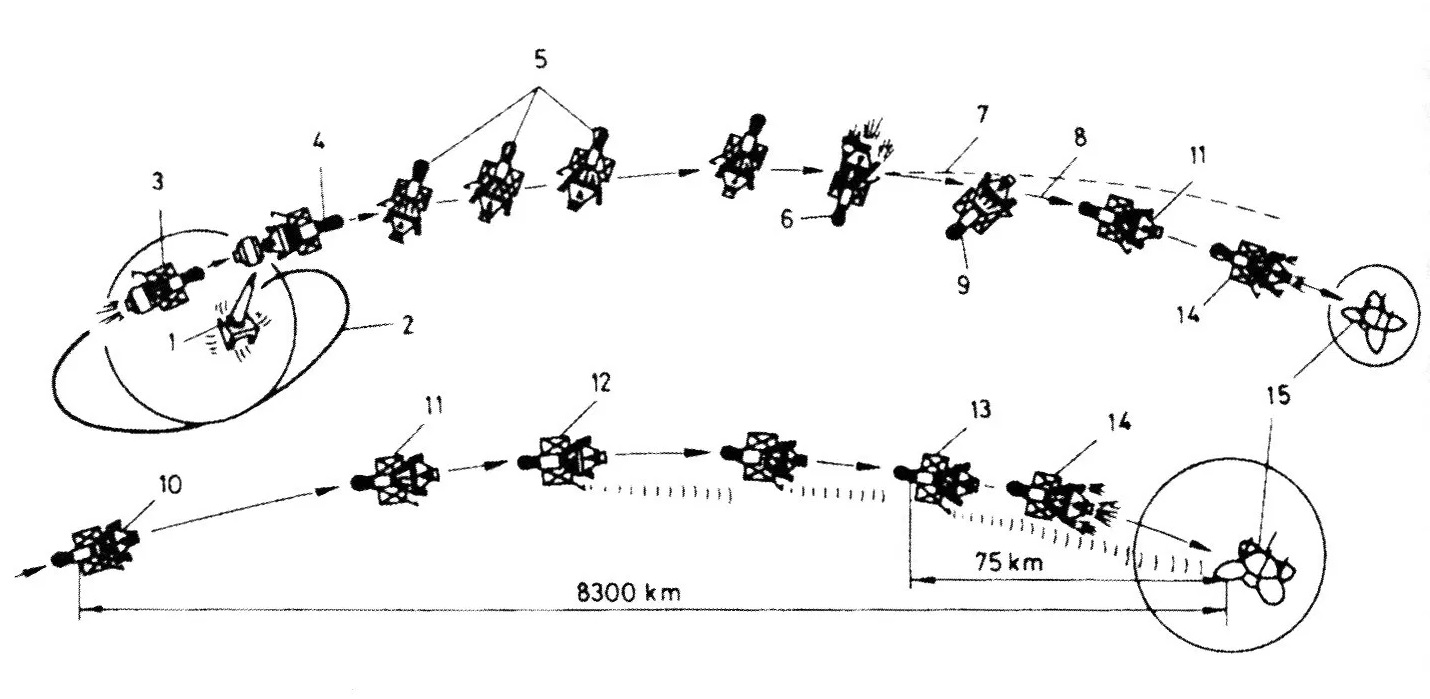





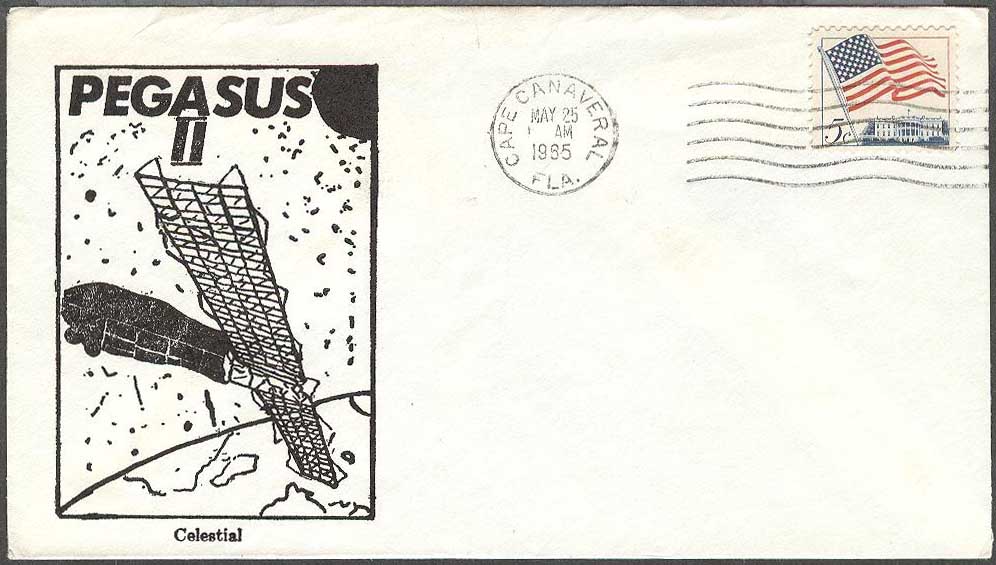

![[May 28, 1965] Heavyweight's Burden (June 1965 <i>Analog</i>)](https://galacticjourney.org/wp-content/uploads/2020/05/650528cover-663x372.jpg)



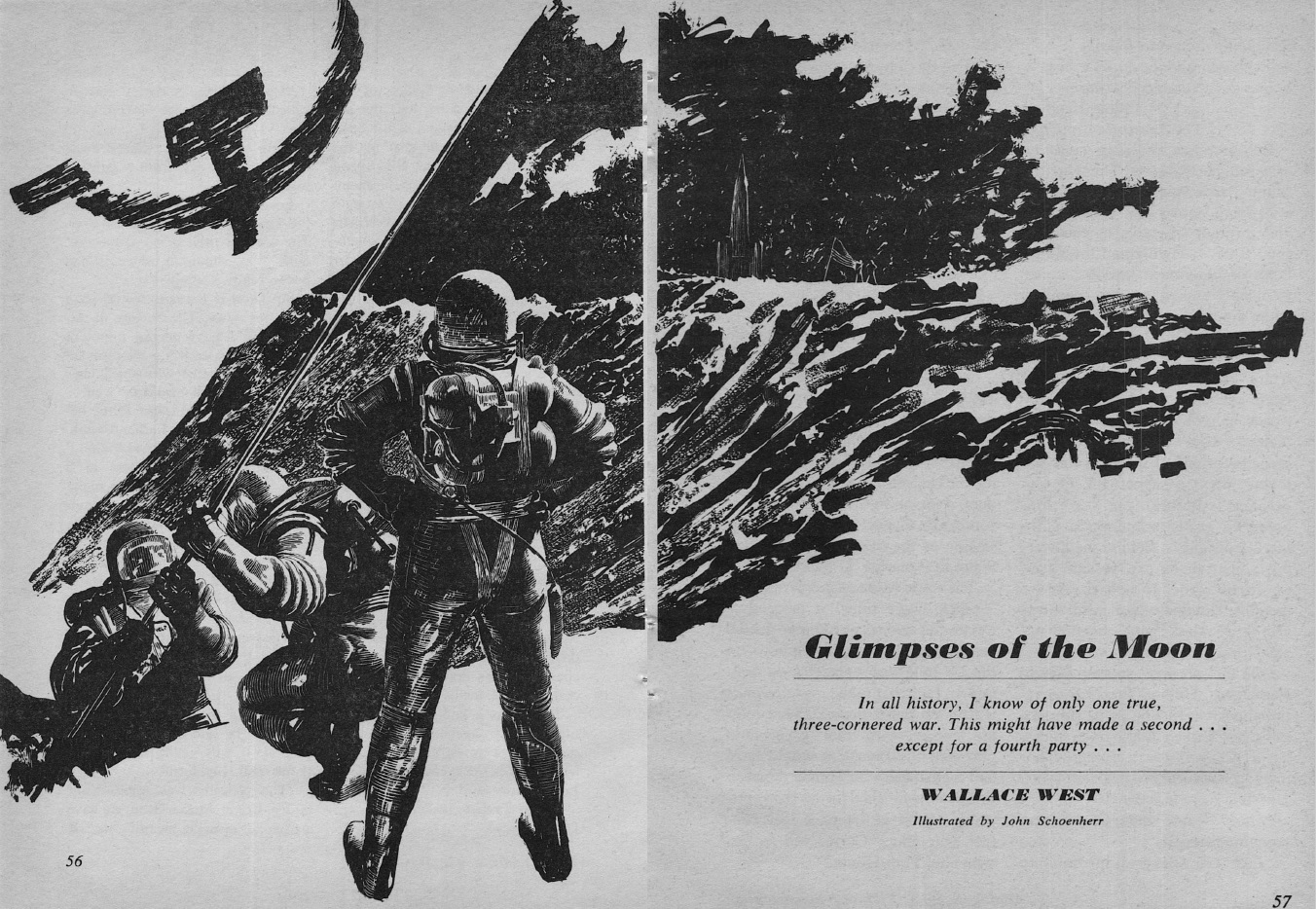

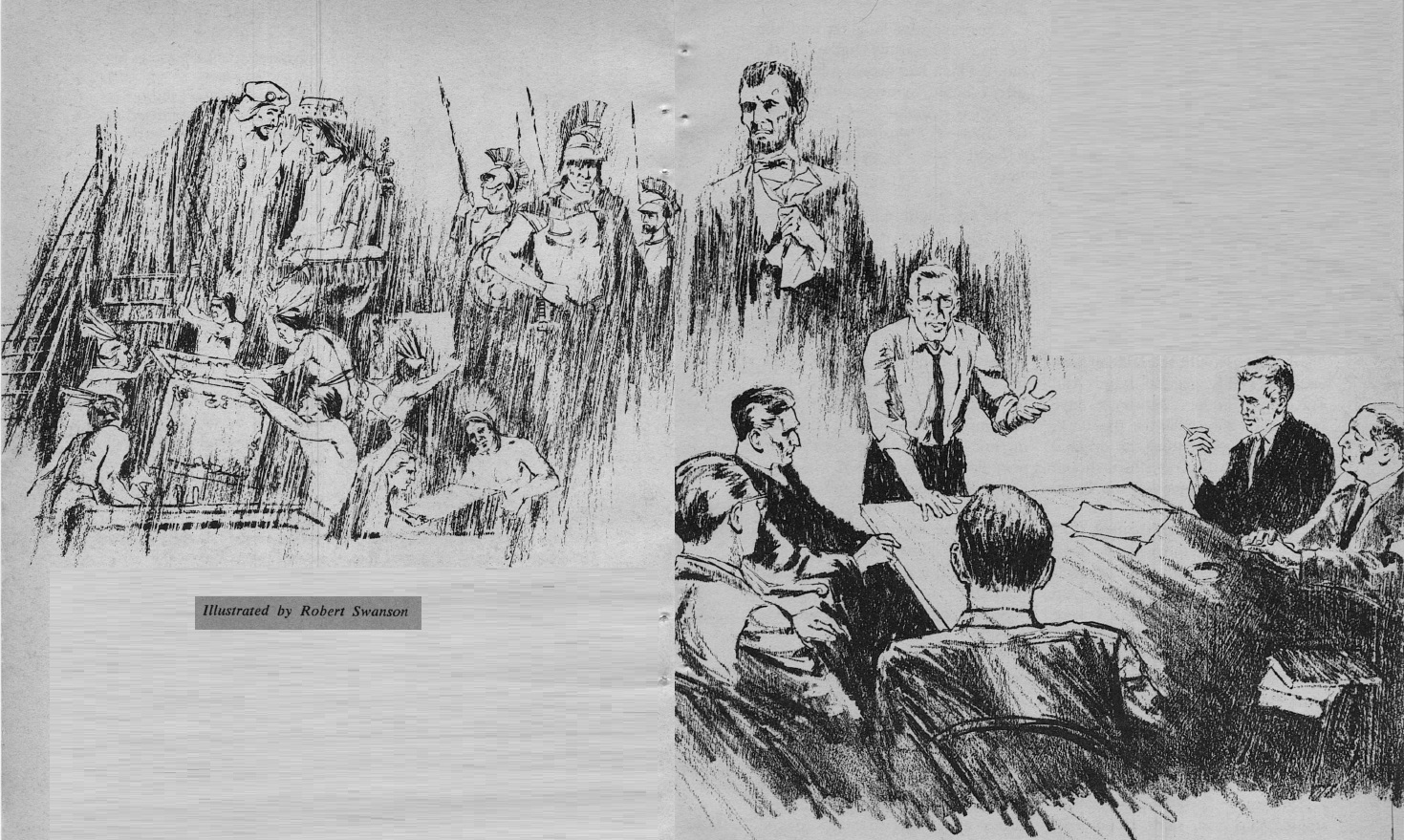


![[May 18, 1965] Rubber Ball (or Skip the End) (June 1965 <i>Fantasy & Science Fiction</i>)](https://galacticjourney.org/wp-content/uploads/2020/05/650518cover-664x372.jpg)

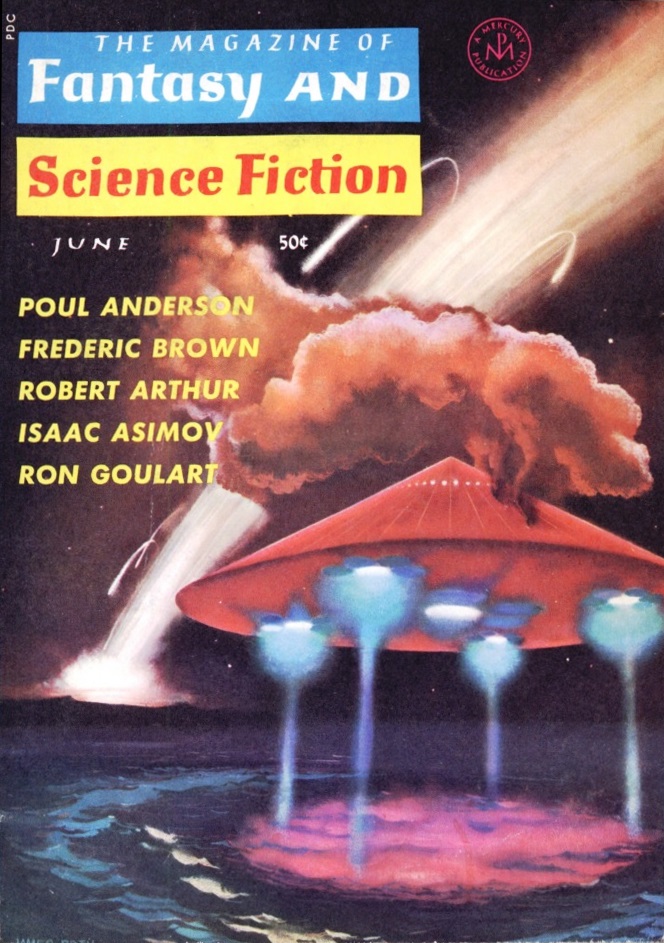
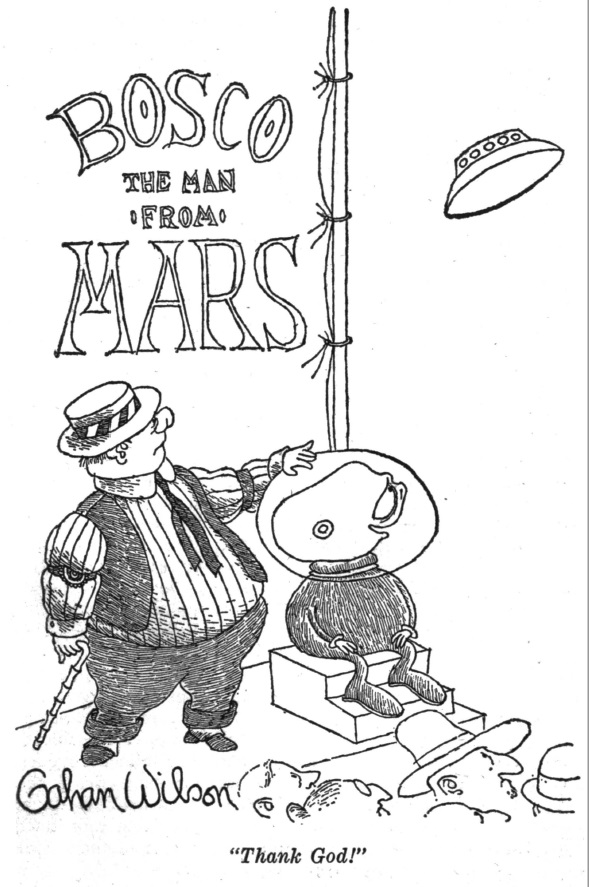


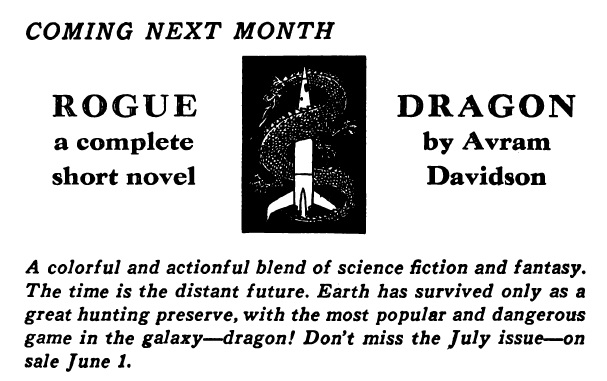
![[May 10, 1965] A Language for the Masses (Talking to a Machine, Part Three)](https://galacticjourney.org/wp-content/uploads/2020/05/650510jennifer-662x372.jpg)




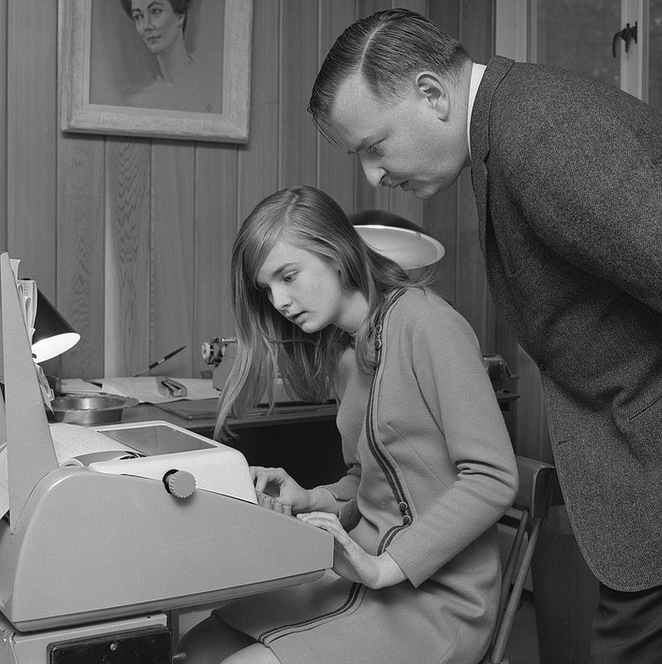
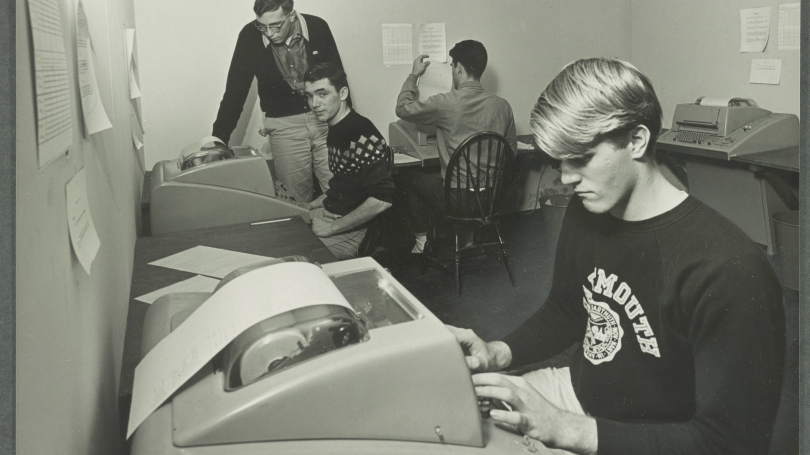
![[May 8, 1965] Skip to the end (June 1965 <i>Galaxy</i>)](https://galacticjourney.org/wp-content/uploads/2020/05/650508cover-535x372.jpg)










![[April 30, 1965] Back-door uprising(May 1965 <i>Analog</i>)](https://galacticjourney.org/wp-content/uploads/2020/04/650430cover-663x372.jpg)












![[April 22, 1965] Cracker Jack issue (May 1965 <i>Fantasy and Science Fiction</i>)](https://galacticjourney.org/wp-content/uploads/2020/04/650422cover-575x372.jpg)




![[Apr. 16, 1965] The Second Sex in SFF, Part VIII](https://galacticjourney.org/wp-content/uploads/2020/04/650416cover-521x372.jpg)




